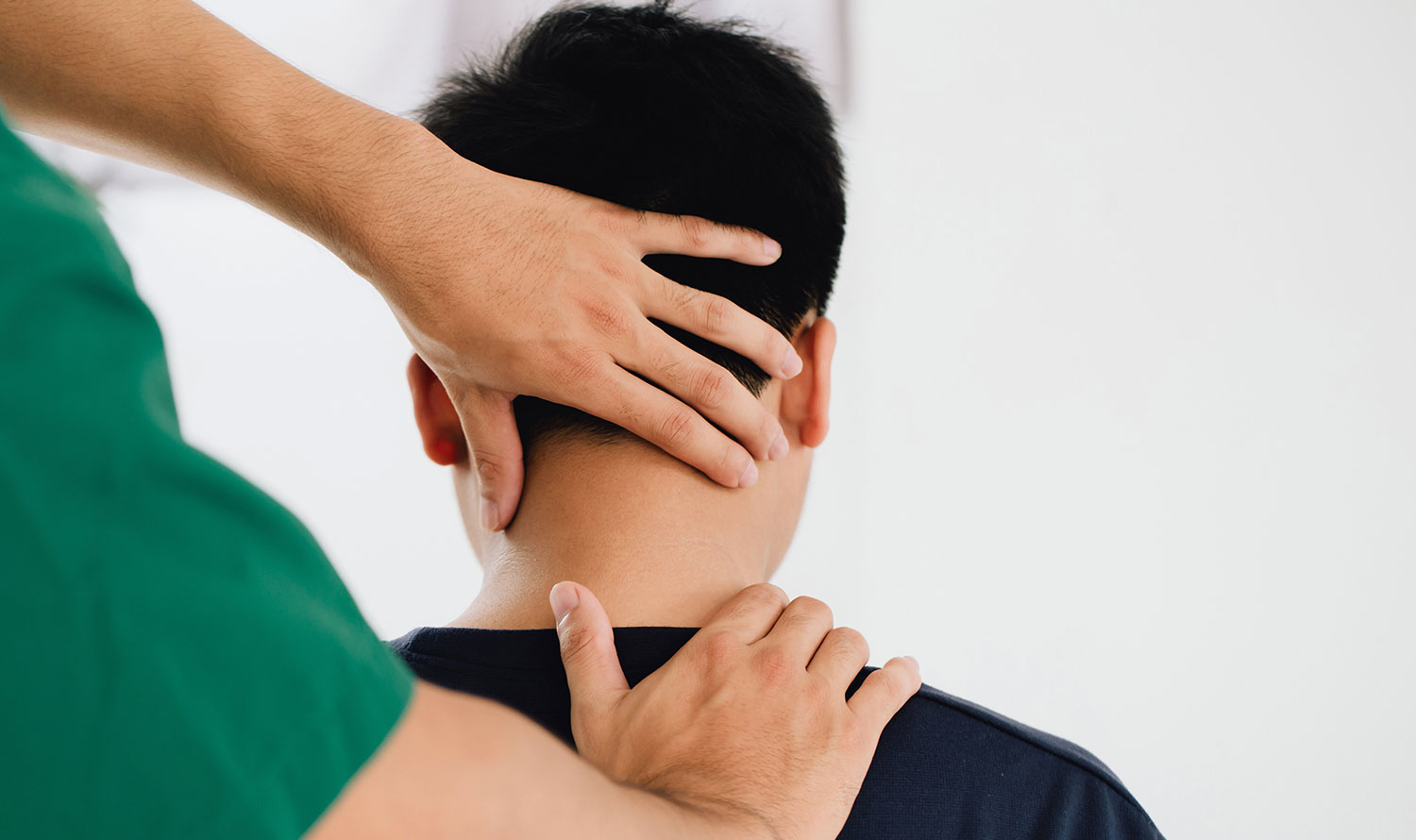Cervical radiculopathy, also known as a “pinched nerve,” is a condition wherein the nerve roots exiting the spinal canal at the cervical region are compressed or irritated. The cervical spine consists of seven bones, starting at the base of the skull. The nerves running through the cervical spine carry messages to and from the muscles and your brain, facilitating movement and sensations in the arms and hands.
If the nerve roots are compressed, irritated, or damaged while leaving the cervical spine, you experience the painful symptoms of cervical radiculopathy, such as radiating pain from the neck to the shoulders, hands, and arms. Radiculopathy, i.e., nerve compression, can happen at any point on the spine, but cervical radiculopathy is focused on the cervical region around the neck.



